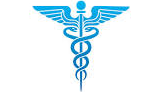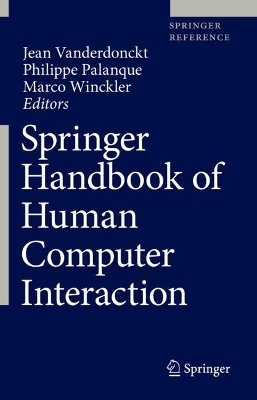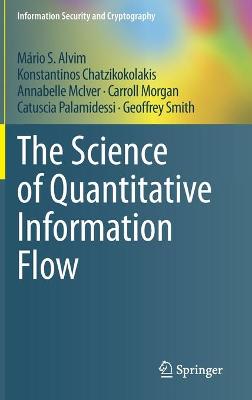Descriptional Complexity of Formal Systems
 -15%
portes grátis
-15%
portes grátis
Descriptional Complexity of Formal Systems
19th IFIP WG 1.02 International Conference, DCFS 2017, Milano, Italy, July 3-5, 2017, Proceedings
Pighizzini, Giovanni; Campeanu, Cezar
Springer International Publishing AG
06/2017
311
Mole
Inglês
9783319602516
15 a 20 dias
498













